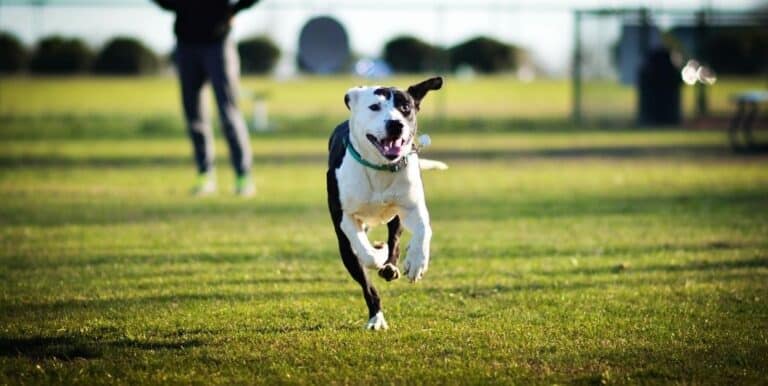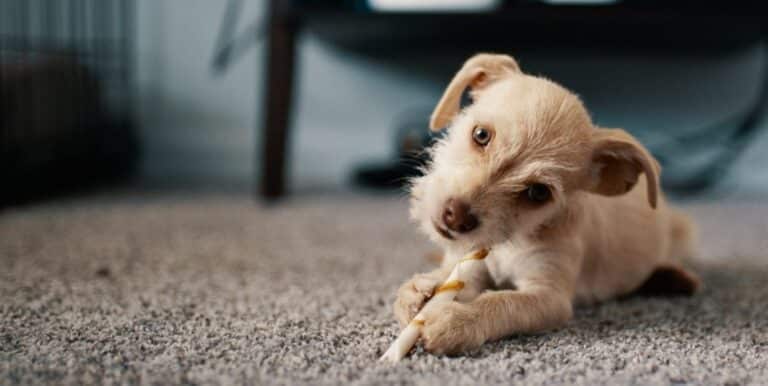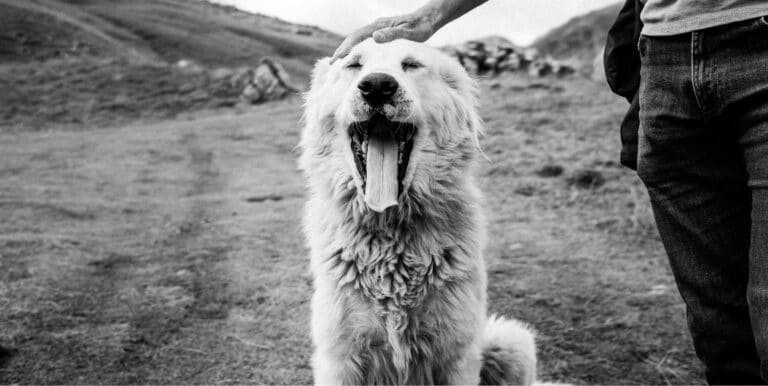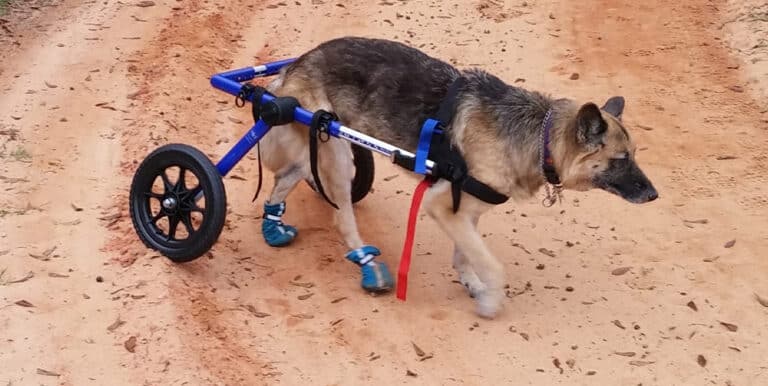Do Dogs Have a Blood Type?
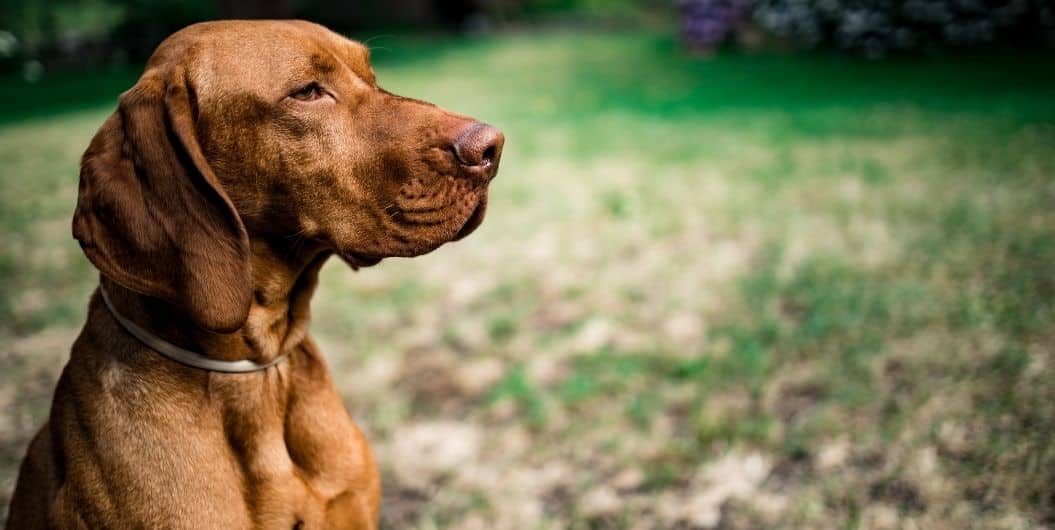
Dogs have specific blood types, but the method used to classify them differs from the familiar ABO system used for humans. Instead, the dog erythrocyte antigen (DEA) system is used. An erythrocyte is simply a red blood cell, and an antigen is a substance that stimulates the production of antibodies. The actual number of blood types in dogs is still a matter of dispute amongst experts, but the basic test for canines allows for a minimum of eight distinctive results. Some experts suggest that there may be 12 or more types, but not all are universally acceptable for unmatched transfusions.
Canine Blood Typing
The process of typing is a matter of testing for a reaction to various proteins found on the surfaces of blood cells. In human tests, these proteins are designated A and B. Human samples react to either A, B, or both. A non-reaction would be considered Type O.

In dogs, however, the test for blood type involves at least six different products, called dog erythrocyte antigens or DEAs. A sample could show a negative or positive reaction to types designated as DEA 1.1, 1.2, 3, 4, 5 or 7. Dogs that have only the DEA 4 antigen are considered “universal” donors, as their blood does not provoke a reaction in any other types.
Of all of these various reactions, one of the most important results is for DEA 1.1. A dog that tests negative for DEA 1.1 is considered a good candidate for donating blood, while a positive test indicates a universal recipient. DEA 1.1 positive blood, however, should never be given to a DEA 1.1 negative dog. A veterinarian can perform a very basic test to determine if the animal is DEA 1.1 positive or negative, but more advanced tests may have to be done in a veterinary lab.
Canine Transfusions
Where the intended recipient’s blood type is incompatible with that of the donor, an acute hemolytic transfusion reaction (AHTR) may take place. This is a life-threatening condition where the recipient produces antibodies to the donor’s blood cell proteins, causing the immune system to attack the cells. As a result, the cells are rapidly destroyed, rendering the transfusion ineffective and possibly causing complications such as kidney failure due to substances produced by the breakdown of the donor erythrocytes.
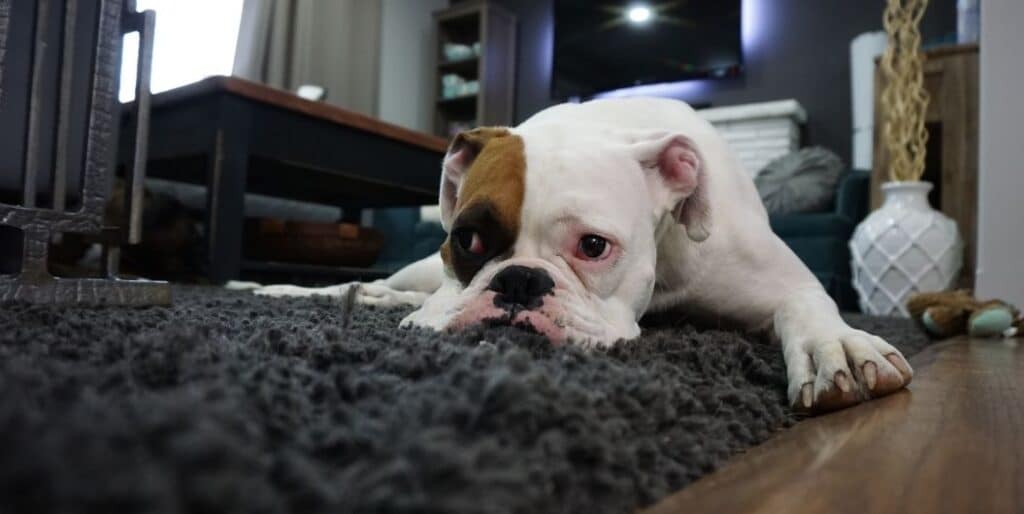
Dogs are actually better equipped to handle an accidental type mismatch than people. Humans have natural antibodies that immediately recognize and attack foreign invaders, including transfused blood cells of a different type. Dogs, on the other hand, do not have these natural antibodies. If a dog receives unmatched canine blood during an emergency surgery, for example, it may not have a dangerous reaction to the infusion. It may, however, become “sensitized” to this blood type so that any future transfusion of the same type may provoke an AHTR.
For example, if a DEA 1.1 negative dog that has not previously had a transfusion receives DEA 1.1 positive blood there will probably not be a severe reaction. Instead, the animal may start to produce new antibodies within a few days, and these will destroy the “foreign” cells over a period. This makes the transfusion less effective, but is not in itself life threatening. Now that the dog has been sensitized, however, it has antibodies to DEA 1.1 positive cells, and if more blood is required, then a proper cross and type matching must be done to avoid the risk of AHTR.

